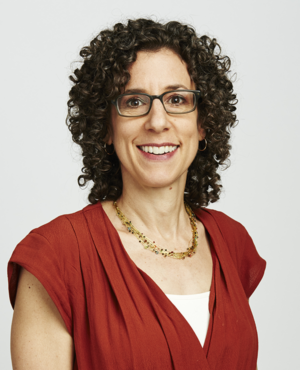Miriam Temin

Lead, Evidence Based Practice, GIRL Center
New York, United States
Miriam Temin leads the Council’s work to promote evidence-informed girl-centered programming using evidence synthesis, technical assistance, and capacity-strengthening. She directs the Council’s project to support the World Bank’s Sahel Women’s Empowerment and Demographic Dividend (SWEDD) Initiative in seven countries with implementation support and Monitoring, Evaluation and Learning. Previously, Temin led a capacity-strengthening effort for implementing partners under the DREAMS Partnership in 15 countries to reduce HIV infections among adolescent girls and young women. She produces practical program tools based on the Council’s evidence, such as “Making the Most of Mentors: Recruitment, Training, and Support of Mentors for Adolescent Girl Programming.”
Temin is an expert on adolescent girls, sexual and reproductive health, social determinants of health, HIV, and social protection. Prior to joining the Council, she co-authored the Center for Global Development’s Millions Saved: New Cases of Proven Success in Global Health, and was the lead author of two reports in the Girls Count series—a series of evidence-based advocacy reports covering a wide range of issues that affect adolescent girls: Girls on the Move: Adolescent Girls & Migration in the Developing World and Start with a Girl: A New Agenda for Global Health.
Temin has served as a consultant to the Bill & Melinda Gates Foundation, she was a lead writer for The Lancet/Harvard Women and Health Commission report on the interplay between women’s health and caregiving roles, and she worked at UNICEF and DFID. At UNICEF, she laid the groundwork for the concept of HIV-sensitive social protection and managed their Orphans and Vulnerable Children Team. As health advisor for DFID/Zimbabwe, she oversaw DFID’s support for national programs on sexual and reproductive health and HIV.
Temin holds an MSc in population and international health from the Harvard School of Public Health, where she also co-founded the African Journal of Reproductive Health.